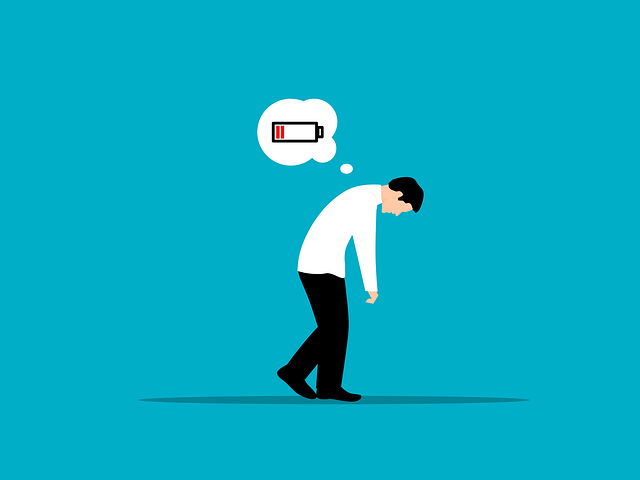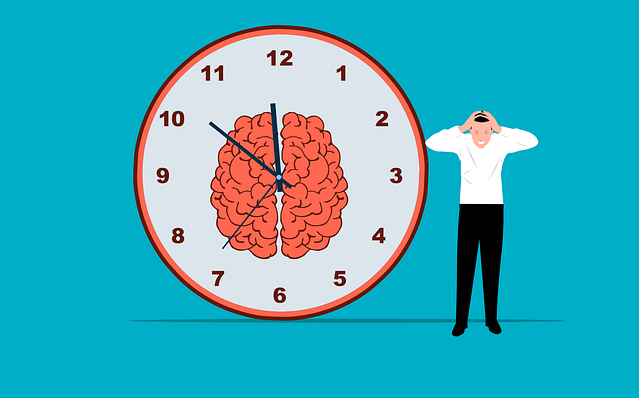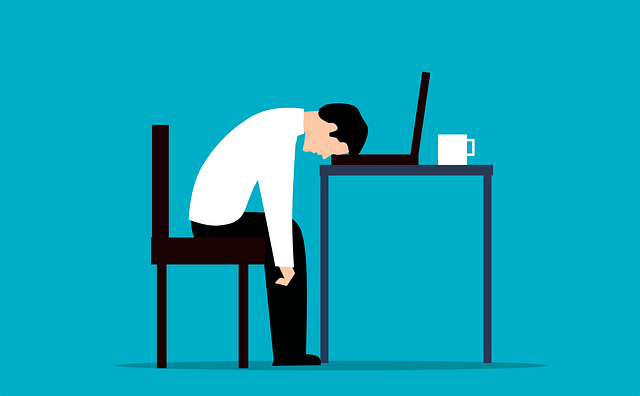Stress is a normal reaction to any type of change. This can include moving, starting a new job, having a baby, or even just starting a new routine. However, when stress becomes overwhelming it can affect your health and wellbeing.
People experience stress for many different reasons. Sometimes it is caused by external factors, such as work deadlines, family problems, or personal issues. Other times, it may be caused by internal factors, such as coping with anxiety or other mental challenges.
Regardless of the cause, chronic stress can have a negative impact on your health and well-being. Do you also know that stress can actually hurt your productivity? Let’s take a look at the extent of the negative impact that stress can bring about.
Common reasons people get stressed
A person’s level of stress is influenced by many factors, including their past experiences with stress. Some people are more sensitive than others and may feel stressed out even when they don’t have anything to be stressed out about. They may be overthinking situations and may not realize that they need to take things slower and breathe.
When you’re stressed out, your body releases cortisol and adrenaline into your bloodstream. This can cause physical symptoms like muscle tension, irritability, headaches, and digestive problems. Mental symptoms like anxiety, depression, and sleep problems are also common.
Stress can be caused by internal factors such as genetics, emotional life events (such as a death in the family), or physical health issues (like an illness). It can also be caused by external factors such as work demands or financial constraints.
While it is important to address all causes of stress to prevent long-term effects, short-term symptoms like headaches and tiredness can easily be addressed with simple lifestyle changes.
Common signs of stress

Stress is something that everyone experiences at some point in their lives. However, there are some people who are more susceptible to stress than others.
It’s important to recognize the warning signs of stress so you can take steps to manage your stress before it becomes a serious problem. By taking steps to reduce your stress levels, you’ll be able to feel better and have more energy for the things you want to do.
If you notice any of these signs of stress in yourself, it’s important to get help as soon as possible. By getting help, you’ll be able to better manage your stress levels and maintain good health.
The most common signs of stress are:
- The experience of being overwhelmed, stuck, or trapped.
- Difficulty focusing or concentrating, being easily distracted, having trouble keeping up with tasks or deadlines, or feeling ‘spacey’ or ‘out of it’.
- Irritability and/or anger, especially when things don’t go your way.
- Feeling generally low or down in mood, feeling sad and hopeless, having less energy than normal.
- Being more easily irritated by other people, particularly those you love and care about the most.
- Having problems sleeping – or sleeping too much – which could be a sign of anxiety or depression but could also be because you are stressed out!
How stress affects your productivity
Stress is unavoidable, but it can be controlled and managed to some extent. The health consequences of stress can range from feeling tense and anxious to more serious physical problems like heart disease or high blood pressure. Stress can also lead to poor work performance, which can undermine your productivity as a result.
You perform worse

Stress inhibits your cognitive function by altering your brain chemistry, causing you to perform worse on tasks that require your full attention. Stress can also cause short-term memory loss and reduced attention span.
You lose focus

Due to the decrease in cognitive function induced by stress, you may experience impairment in your ability to focus. This can also result in an increase in absent-mindedness, which may make you miss deadlines or lose track of important information. These effects make it harder for employees to focus on their work and less likely that they will be able to do their best
You make more mistakes

Stress may make you feel the urge to multitask, which can prove counterproductive, as multitasking involves jumping back and forth between tasks, causing you to miss deadlines and make mistakes. Worse, it can even lead to workplace accidents
Your creativity suffers

When you’re under pressure, you may feel less inclined to explore new ideas and explore outside your comfort zone. This can result in a decrease in your motivation and an overall decrease in your creativity.
Stress can lead to burnout

Workplace stress is one of the most common causes of absenteeism because it causes people to feel overwhelmed. It has also been linked to a number of health issues including heart disease, depression, and high blood pressure. Not only that, people who are constantly stressed out at work are more likely to leave the company or even quit altogether.
Strategies to overcome stress and stay productive
You can choose to combat stress, and you can also choose to choose a healthy balance of work and play in your life. To combat stress and stay productive, you need to identify the sources of stress in your life and work on managing them. You need to identify what causes it, so you can choose how you want to respond to it.
Here are some ways you can combat stress and stay productive:
- Take a break if you start feeling overwhelmed.
- Get help if you’re feeling depressed.
- Set boundaries so that you don’t feel overworked.
- Make a to-do list so that you don’t forget important tasks.
Stress management is crucial
Stress is a normal part of life, but when it starts to affect your performance or causes you to become unhealthy, it can be a serious problem. Not only does stress take a toll on your physical health, but it can also affect your mental health and well-being.
When you’re stressed out, it’s important to take a deep breath and try to relax as much as possible. You can also try to reduce the amount of stress in your life by taking time for yourself each day. If you have trouble managing stress, talk to your doctor about options for treatment. Stress management techniques like meditation and yoga can help you cope with stress and feel less overwhelmed.
By reducing the amount of stress that you experience on a daily basis, you’re making it easier for you to be productive and operate at your best. By taking these steps, you can start to feel less stressed out and more focused on the tasks at hand!

